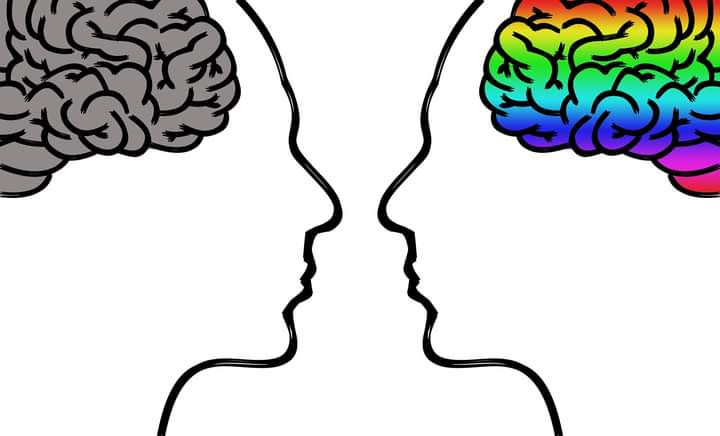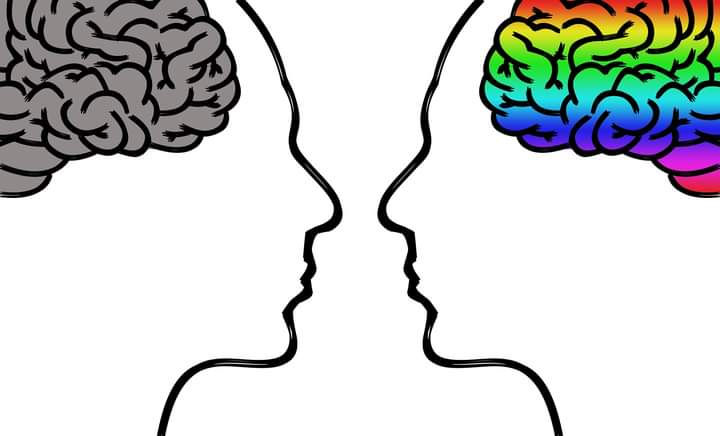What is irritable bowel syndrome?
- Debora Wiseman
- 23 de ago. de 2022
- 2 min de leitura

Irritable bowel syndrome (IBS), or nervous colon syndrome, is a disorder that is characterized by episodes of abdominal discomfort, pain, cramps, abdominal bloating, excess gas, constipation and leaky bowels.
Symptoms of IBS (Irritable Bowel Syndrome)
* Abdominal pain and frequent cramps;
* Abdominal swelling;
* Excessive gas;
* Interspersed periods of constipation with diarrhea;
*Stools with gelatinous secretion.
"It is possible that not all symptoms are present at the same time, it is recommended to evaluate symptoms over 3 months, for example. In addition, there may be days when symptoms get worse and others when they improve or even disappear completely." - Dr Clarisse Bezerra, specialist in family health at Universidade Estácio de Sá.
According to Brazilian gastroenterologists: "It is estimated that about 10 to 20% of the population are affected by the disorder and that each year 1 to 2% of new cases arise. Women are more likely to have irritable bowel syndrome than than men. In addition, the disorder is more often identified in early adulthood."
Causes of irritable bowel syndrome (IBS)
Among the main causes, a strong component that can seriously cause the syndrome and also worsen it is the emotional one linked to large loads of dense energies such as: trauma, stress, anxiety and depression. There is a strong relationship between the brain and the gut.
Other causes
* Muscle contractions in the intestine – stronger or prolonged contractions can cause gas, bloating and diarrhea. On the other hand, weak intestinal contractions slow the passage of food, which causes hard, dry stools.
* Gut inflammation – some people diagnosed with IBS have an increased number of immune cells in their intestines. These may be associated with episodes of pain, flatulence and diarrhea.
* Severe infection – external factors can also trigger the syndrome, such as a severe flare-up of gastroenteritis.
* Change in the intestinal microbiota - the balance of microorganisms that inhabit the gastrointestinal tract has the function of maintaining the integrity of the mucosa that covers it all. Overgrowth of bacteria in the gut is related to IBS.
Irritable bowel syndrome treatments
Irritable bowel syndrome can be treated with medication, diet, and supportive therapies.
> Medicines – The family doctor or the specialized doctor, such as the gastroenterologist, may indicate the use of specific medicines to control signs and symptoms.
> Diet – the support of a nutritionist can be effective in identifying which foods and/or drinks cause the condition to worsen. A proper diet contributes to the reduction of signs and symptoms.
> Therapies – Due to the emotional causes that can often make IBS worse, the help of a psychotherapist, psychiatrist, holistic therapist, yoga, meditation and the practice of physical exercises can all help in the significant and lasting reduction of signs and symptoms , such as relaxation, stress reduction, anxiety, tension and depression.
IMPORTANT: We are Holistic Therapists and our treatment is alternative. Even with satisfactory results, it is essential to emphasize that only duly qualified doctors can diagnose diseases, indicate treatments and prescribe medication.
We wish you all the best.
See you next week
Shalom!
Debora and Daniel Wiseman





Comentários